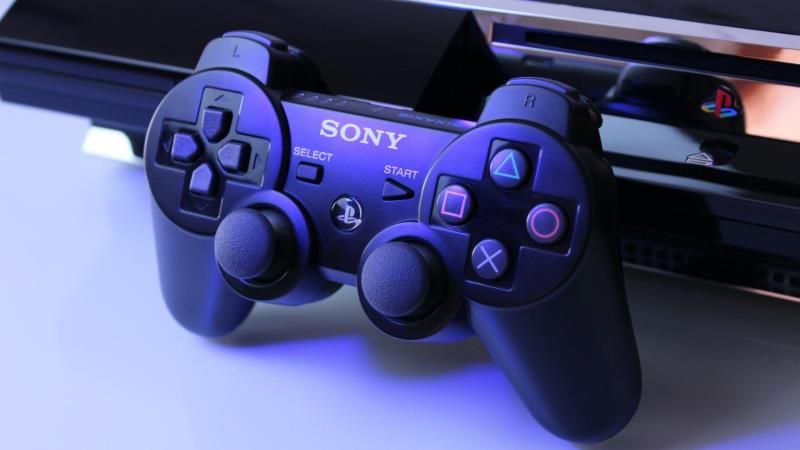Today’s game console are mini computers. They come with powerful hardware running similar OSs as desktop computers. In most cases, game consoles need internet connectivity to function and are capable of much more than just playing video games online and offline.
Depending on the make and model, you may be able to browse the web and stream video on your game console.
Game Consoles Security Risks
Just like any other internet-enabled device, game consoles are susceptible to online security threats. Cybercriminals primarily target game consoles for sensitive user data such as username and password. With your login credentials, attackers can easily access your gaming account and steal your in-game items like virtual weapons, financial information, and personal data.
Best Ways for Gamers to Protect Themselves
As you can see, gaming consoles can be a cybersecurity threat. You can take a few steps to secure your console and minimize the risk of a data breach and other online threats. Some of these include:
Secure Your Network
Secure your network with a VPN (Virtual Private Network) to significantly reduce the risk of a data breach. A VPN encrypts your online traffic and hides your true IP address. As a result, hackers can’t see what you are doing online when connected via a VPN.
Secure Passwords
Use strong passwords on your gaming consoles and online gaming accounts. A strong password should be a mix of upper and lowercase letters, numbers, and symbols. Make your passwords 12 characters long, at least.
Two-Factor Authentication
In addition to strong passwords, add an extra layer of protection on your console by activating Two-Step Authentication (2-FA). Even if hackers stole your password, they still wouldn’t be able to log in when 2-FA is enabled.
Your online gaming accounts and consoles contain lots of sensitive information that hackers want to get their hands on. If you want to secure your console to protect your data, it’s imperative that you follow through with these tips.
